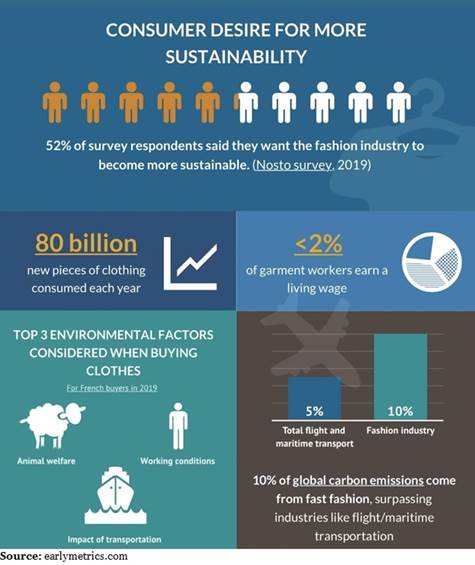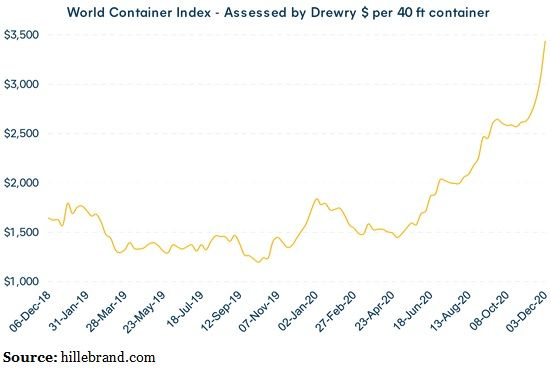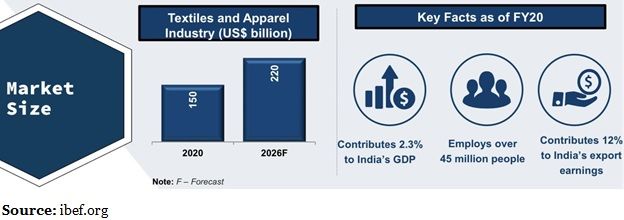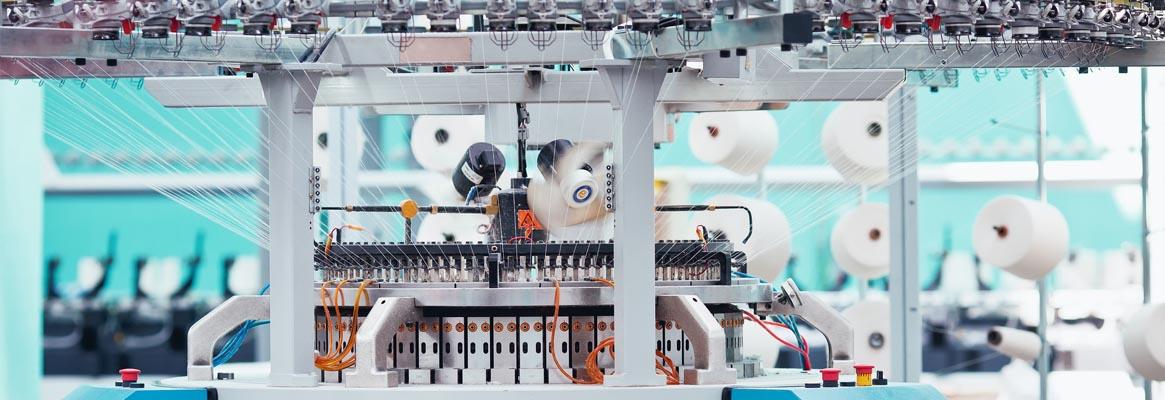“We must understand that the future of sustainability in the textile world and other industries would largely depend on sustainable logistics.”
The textile industry stands among the biggest convicts for demolishing the ecosystem. It hasn't just happened due to heaps of synthetic dyes’ waste, but also by preferring unsustainable logistics options. How? Let us find out.
90% of the environmental influence of the industry is due to supply chains
Most of us would think that manufacturing is responsible for the environmental impact of the industry. But there is a twist in the tale, as 90 per cent of the environmental influence is due to supply chains. What is the reason behind it?
It happens because the supply chain comprises numerous segments of your business, from supplies’ procurement to load and shipping, to the final delivery. The majority of your business operations are probably tied up in logistics. Therefore, you require to keep an eye on your supply chain if you want to make sustainable changes in the environmental influence of your company.
Roadway Emissions globally have become 70 per cent higher now than they were at the outset of the millennium. It is up to us, we must draw a line for our logistical preferences. It is not just a matter of concern for the textile industry but the other industries as well.

Though, after witnessing the global devastation of the ecosystem, the consumers have gradually started supporting the green supply chain endeavours. More than 70 per cent of consumers are ready to pay more for sustainable stuff. What does it mean? It means that people have started sensing their responsibility for a greener planet.
Increasing cost of logistics is signalling about the future challenges
The cost of logistics has increased drastically in the recent past, especially after the global pandemic scenario. Though, the exact reason behind the hike in charges is debatable. Mostly, it is seen because our nation was not in a position to control the container movement. Containers are lost, and there is nobody who can find those lost containers.

We have huge competition with China and other global giants. These giants have been the eminent producers of containers, we never foresaw that aspect. Now, we are realising when the freight cost has gone so high. We never imagined that our container travelling to Europe would be costing us €10,000, which were hardly costing €1,000-1,200 earlier.
The economy is also one of the significant measures when you think about the overall sustainability measures. Regular sale is important for the rise of the economy, it would happen when you are in a position to achieve the economy of scale and economy. It will be possible when all the aspects for strengthening the economy will be regulated efficiently including the freight.
Logistics is not only about the exports, but also for the domestic markets as well. But, due to the increase in the fuel prices, and several other expenses, the logistics and shipping charges have gone so high. E-commerce is just the beginning to show the increase in freight. It won’t just affect the businesses but consumers also in the form of increased prices.
The time is not too distant when we would be so reliant to buy from e-commerce platforms only, rather than visiting the stores nearby. And then they will increase the price as per their will, and we would have no other choice but to buy from them.

AMA’s foresight regarding the significance of sustainable logistics
AMA is devoted to conducting its business in a sustainable and ethical manner that comprises a sustainable engagement with the supplier who adores sustainable measures for their workplaces, human rights, and work culture.
Our aim is to provide sustainable products in a manner that cherishes the environment and sustainable preferences altogether.
Reducing the carbon footprint is one of the biggest challenges related to modern-day logistics. Establishing a pop-up warehouse can be the game-changer here. It can help in restricting the last-mile emissions. In addition, it will also provide more flexibility to the supply chains.
Shifting towards alternative energy options
In comparison with gas engines, diesel vehicles are responsible for increasing carbon footprint by depleting 13 per cent more CO2. Considering this crucial point in mind and our moral responsibility towards the ecosystem, we are gradually shifting towards eco-friendly, electric train solutions, and other significant green alternatives.
Being the second most pollution-causing industry, the textile industry needs to recall its measures for the purpose to give more breathing space to the sustainable measures in logistics.













Comments